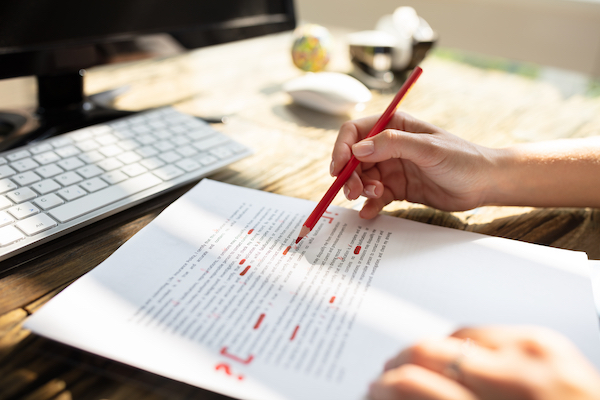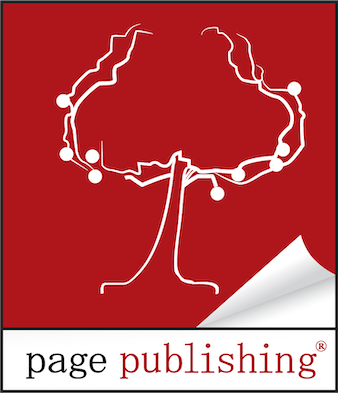
The importance of editing your book
Writing a book can be daunting; the real challenge begins when the writing is finished, and the editing process begins. Reviewing and editing your work is critical if you want your book to be clear, concise, and error-free. Editing is also essential for ensuring your book doesn’t confuse your readers and have them asking questions, which could lead to less success. While it is crucial, the editing process can be overwhelming. Use this guide to help you through the process, from gathering feedback to proofreading and polishing, as well as tips and tricks to make your book the best it can be. Proper editing makes your book more likely to be recommended to others and achieve higher sales, publicity, and success.
Take a break
You might feel like you’re on a hamster wheel as you get into the editing process. You’re in the middle of the project, there’s a lot to do, and suddenly you can’t see the end in sight. It might be worth taking a break if you find yourself getting overwhelmed. Take a walk, take a trip, do something that lets you clear your mind and get ready to jump back in, refreshed and motivated. You’ll find that you have a better perspective when you return to your work.
Read your work aloud
Reading aloud while editing your work is a great way to find errors in your writing. It lets you hear your work as if someone else is reading it, which can help you pick up on typos and incorrect punctuation. Additionally, reading aloud can help you detect wordy phrases or sections that could be rewritten for clarity. Finally, it can help you discover sentence structure errors, such as run-on sentences.
Outline your edits
Editing your work is about more than just catching spelling and grammar mistakes—it’s also about improving the quality of your work. To ensure everything is addressed, it’s a good idea to outline the changes you want to make. Then, as you read, take note of anything that needs editing. Make a separate item for each change. For instance, if a section is too long, mark it down as the first item. If there’s a spelling error, make it the second item. A grammar mistake could be the next, and rewording a sentence could be the fourth. An outline helps you see what you need to do and can help you move through your edits faster.
Check for accuracy
While editing your book, be sure to check for accuracy. This involves verifying facts, figures, and data to ensure they are correct and up-to-date. Researching outside sources and consulting experts can provide additional insights. Finally, make sure sources are reputable and current. Having false or outdated information in your work will reflect poorly on you as a writer.
Have someone else read your work
As you get to the end of the editing process, consider having someone else read your work. It can be helpful to get a fresh perspective on your work, even if you have already edited it. Of course, you can eventually hire a copyeditor, but asking family and friends to read your work is a great start. Having a new set of eyes review your work is a great way to get a real sense of how easy your work is to understand and help you identify places where your information is unclear.
Edit for consistency
When you’re editing your work, it’s also worth looking at the overall style of your book. Is it consistent with your brand? Are the titles, subtitles, and chapter names consistent? Check for any inconsistencies in spelling, grammar, punctuation, and capitalization. If your brand is consistent, your readers will recognize it and be more likely to read your work. It can also be helpful to look at the length of your chapters and sections. If you have particularly long chapters or sections, consider breaking them into smaller chunks so readers can follow the information more easily.
Format your work
Whether you plan on self-publishing or working with a publishing house, it is important to consider formatting before you begin the publishing process. Most publishing houses will give you guidelines on how they would like your work formatted, but if they do not provide specifications, it is best practice to use a 12 point serif font, double space, and one-inch margins with page numbers.
Note: we don’t require special formatting, but many publishers do.
Editing your book can be challenging and feel tedious, but it’s important to remember that you are making your work better.
